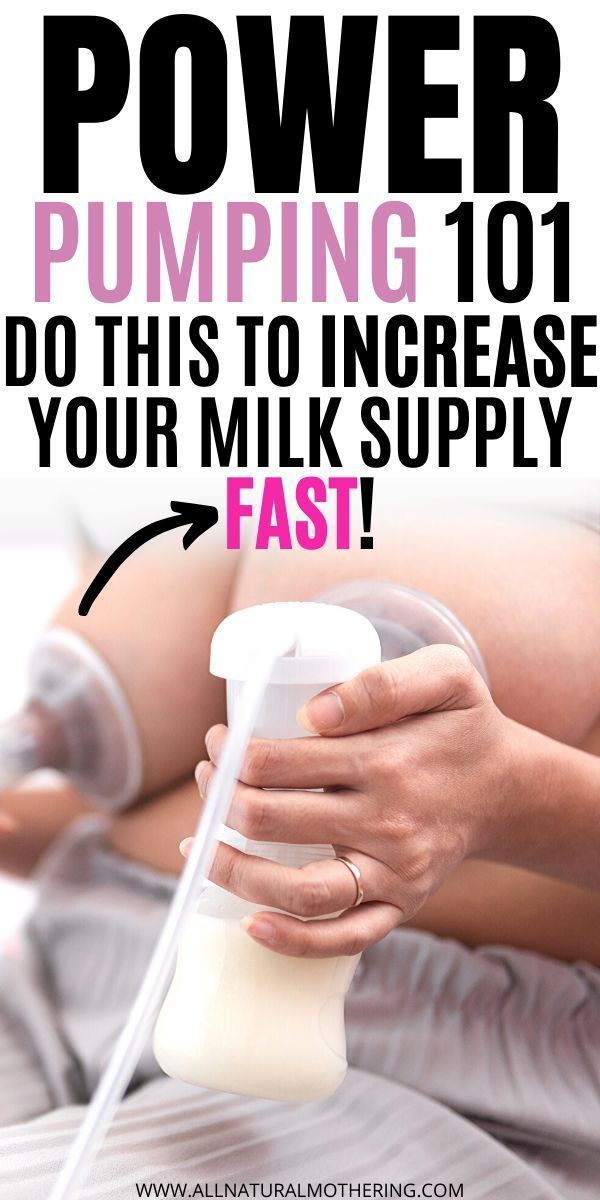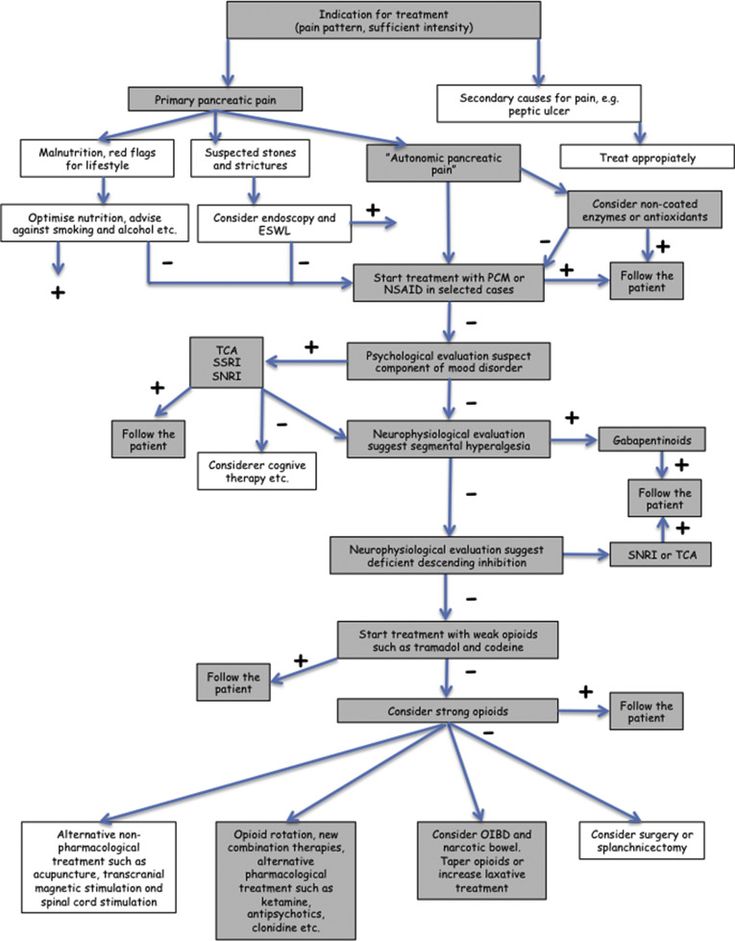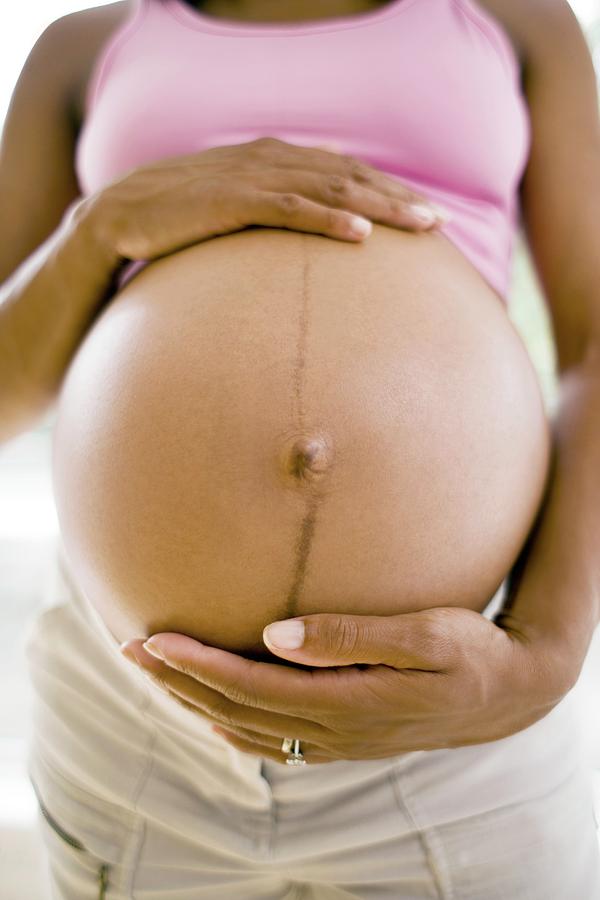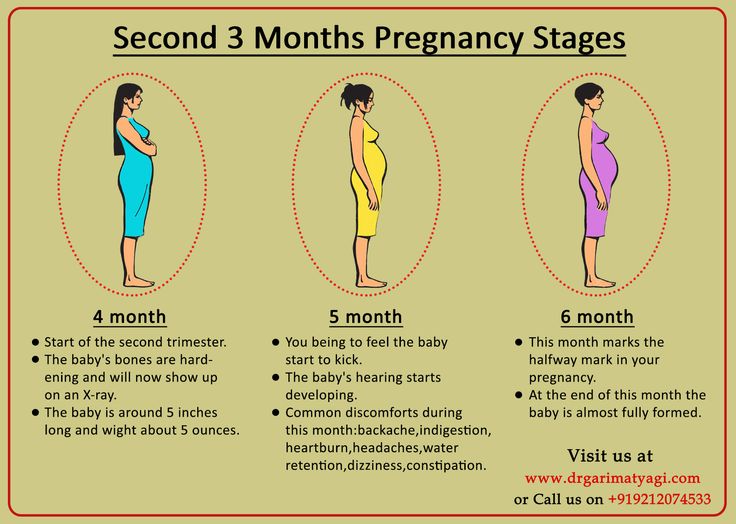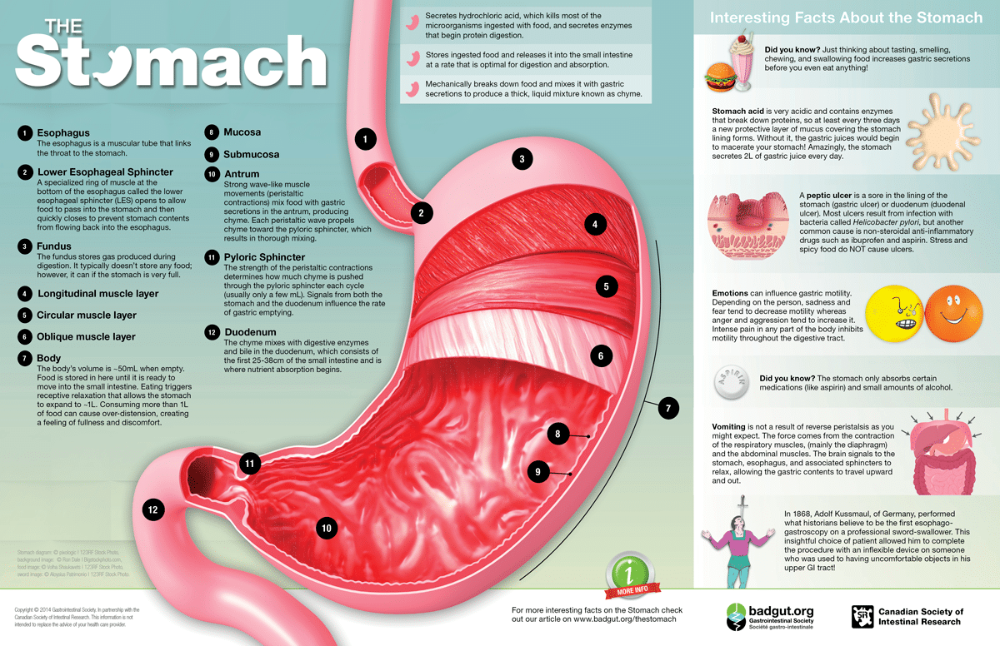Hiccups during first trimester
Hiccups During Pregnancy (Are Hiccups a Pregnancy Symptom?)
Do you find yourself hiccuping a lot now that you’re pregnant? Are you wondering why that is and what it could mean for your baby?
While we expect a lot of side effects during pregnancy, constant hiccups are not usually one of them!
We’ll answer all the questions you never knew you had about pregnancy hiccups, including what causes hiccups during pregnancy. We even have some tried and true tips for relieving uncomfortable hiccups — recommended by medical experts and experienced moms — to help you enjoy your pregnancy without the embarrassment of constant hiccups.
Table of Contents
- What Causes Hiccups?
- Are Hiccups an Early Sign of Pregnancy?
- Why Can’t I Stop Hiccuping?
- Can Hiccuping Too Much Hurt My Baby?
- I Can’t Eat Because of Hiccups
- Hiccups Are Keeping Me up All Night
- How Can I Get Relief From My Hiccups?
- Is It Silly To See My Doctor About Hiccups?
- Wrap Up
What Causes Hiccups?
Hiccups are caused by involuntary contractions of your diaphragm. The diaphragm is a long muscular membrane — one of the main muscles of respiration. So hiccups are basically just a muscle spasm of your diaphragm (1).
Hiccups usually clear up on their own, but they can go on for days, weeks, months, or even years in rare cases.
Are Hiccups an Early Sign of Pregnancy?
Hiccups can be a sign of early pregnancy. This is because many causes of hiccups are related to other pregnancy symptoms.
Here are some of the other reasons you might get hiccups:
- You’re short of breath.
- You feel sick.
- You have indigestion.
- You’re eating unusual foods.
- You’re stressed.
In other words, you might not notice you are craving unusual foods more often or that you’re feeling a bit sick a few times a day, but your body notices.
Since most women will notice a missed period, nausea, or breast tenderness first, hiccups aren’t a reliable sign. They’re just another one of those neat little early pregnancy symptoms that start making us aware of everything that’s going on.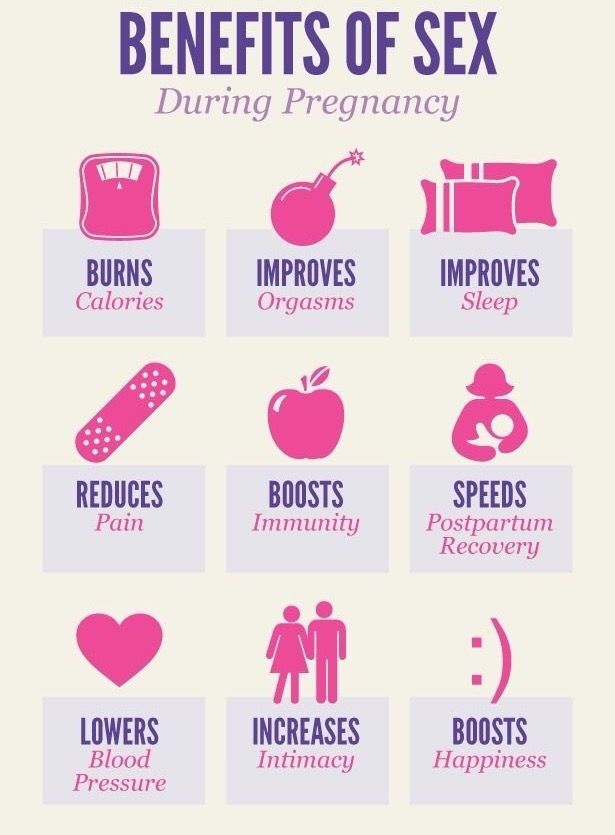
Why Can’t I Stop Hiccuping?
Hiccups stop being a “neat” symptom when they are constant. Some pregnant women find they are hiccuping all day and all night, waking up with hiccups, or having a random episode nearly every day.
And if you’ve had an extended episode of hiccups before, you know just how annoying it can be when they won’t go away.
In A Nutshell
The good news is pregnancy itself is not causing your hiccups. The bad news is not all pregnancy hiccups can be eliminated.
The biggest cause of hiccups is nausea and indigestion. When we are not digesting our food well, when we have just vomited, or when we feel about to vomit, we can get hiccups.
Although you can avoid some of this, if you are one of the unfortunate women who have persistent nausea throughout pregnancy, your hiccups might be just as persistent. But once your beautiful baby is born, all of the symptoms disappear.
Emotional stress and excitement can make you hiccup too. Even if your hiccups are caused by indigestion, they might be made worse by being too overexcited.
Even if your hiccups are caused by indigestion, they might be made worse by being too overexcited.
Meditation has many benefits for you and your baby. And taking the time to slow down and relax may allow those pesky hiccups to go away (2).
Can Hiccuping Too Much Hurt My Baby?
Some women suppress their hiccups, worried the pressure of the belly tensing might harm their babies.
But there’s no evidence that hiccups harm babies. If you’re worried about persistent hiccups, you can speak to your care provider to set your mind at ease.
I Can’t Eat Because of Hiccups
Many women have difficulties with food during pregnancy. Morning sickness, worsened allergies, and food aversions are all common.
If hiccups are preventing you from eating, then you have double the problems — and all at a time when it’s essential to eat well.
If your hiccups stop you from eating, you might find it easier to carry some high-carb, low-sugar, low-salt, low-fat snacks.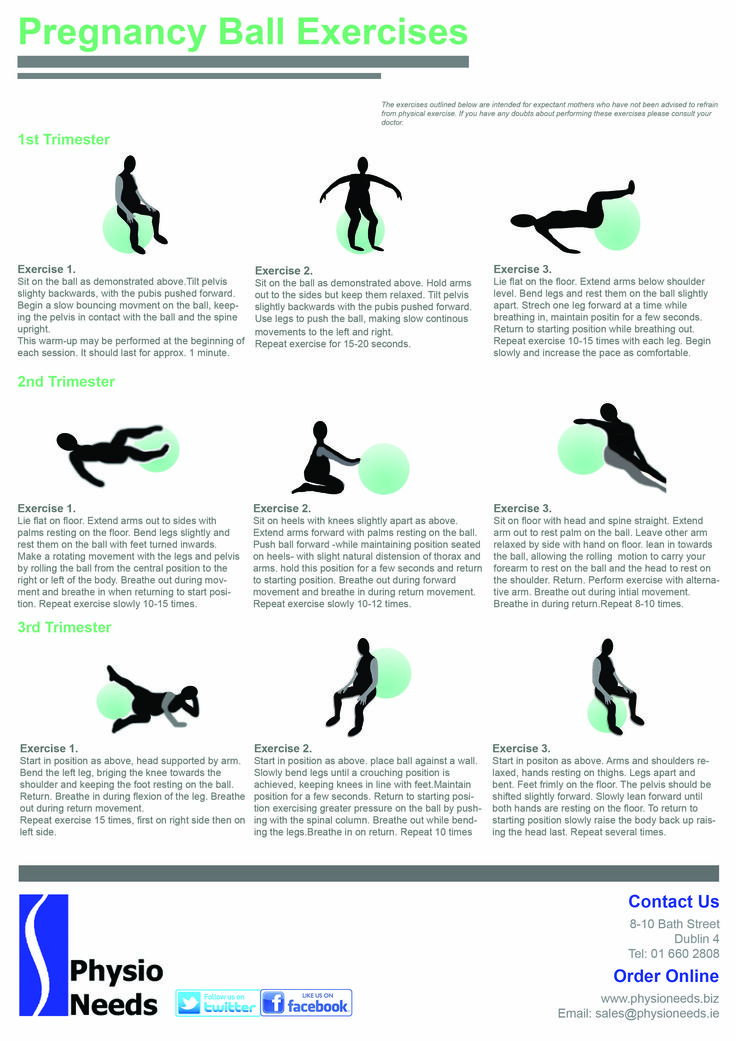
Consider:
- Low-salt crackers.
- Breadsticks.
- Rice cakes or corn cakes.
- Unflavored popcorn.
- Dry cereal.
These are less likely to cause indigestion than other foods.
It might be tempting to have a huge feast as soon as the hiccups are gone, but this can make them start again. Even if you feel like you’re starving, try to pace yourself and snack on easy-to-digest foods.
Hiccups Are Keeping Me up All Night
If your hiccups are stopping you from sleeping, then one of two things is likely happening, either your before-bed meal was too heavy or your stress level is elevated at night.
If you eat a large meal right before bed, snack in bed, or wake up in the night for snacks, you are probably not eating enough during the day.
- Try to eat your biggest meal in the middle of the day, when you are not so vulnerable to nausea or indigestion.
- Try to avoid fatty and protein-rich foods before bed.
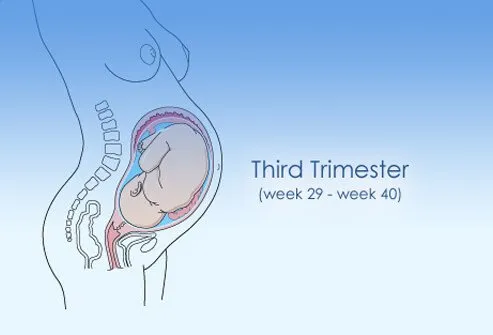
- Limit acidic, spicy, and vinegary foods. These can increase acid reflux, which may irritate your diaphragm indirectly, causing more hiccups.
If your diet is not a trigger for your hiccups or you don’t eat much before bed and still get them, they could be due to stress. The same way that anxiety at night can cause insomnia, it can cause hiccups.
In this case, you might want to talk to your doctor or a therapist about your concerns. This is when meditation can help you. With apps like Expectful and Headspace, you can train your mind to relax.
How Can I Get Relief From My Hiccups?
We’ve already explored a few ways to prevent hiccups — eat a balanced diet to avoid indigestion, and do not get too emotional or excited. Both of which are easier said than done normally but especially during pregnancy.
So what can we do when we don’t eat properly or when we do get excited? Here are a few tips to help eliminate hiccups:
- Have things that make you swallow.
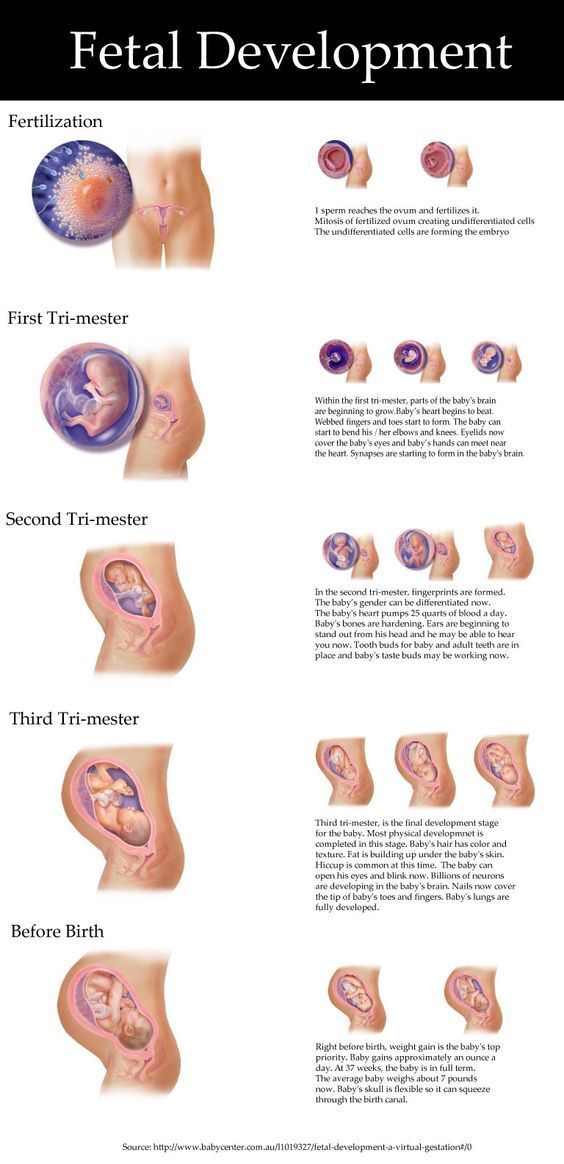 Drinking water, dissolving sugar in the mouth, or sucking on sour candy can make you swallow, and that motion can help relax the diaphragm.
Drinking water, dissolving sugar in the mouth, or sucking on sour candy can make you swallow, and that motion can help relax the diaphragm. - Lie down to fight indigestion. If you have serious indigestion, lying down can help relax the diaphragm.
- Do breathing exercises. Practice deep breathing, slow your thoughts, and, in turn, relax your muscles.
Although all these tips are worth a try, none are guaranteed to help. The only guaranteed cure for hiccups is time.
Is It Silly To See My Doctor About Hiccups?
It’s never silly to see your doctor about any health concerns. Chances are, if you want to see your doctor, you haven’t been having hiccups for just 2 to 5 minutes, right?
Normally by the time we consider seeing a doctor, we have had hiccups for a day, or we have had one or more episodes of hiccups every day for a week.
These are not normal hiccup patterns and are worth checking out, especially if you have had consistent hiccups for over 48 hours.
Hiccups that last this long are very rare and may be a symptom of a physical problem.
These are some illnesses that can cause persistent hiccups:
- Breathing conditions such as asthma or pneumonia.
- Heart conditions such as pericarditis.
- Digestive conditions such as reflux, inflammatory bowel disease, or appendicitis.
- Nerve conditions such as multiple sclerosis.
- Metabolic conditions such as diabetes or Addison’s disease.
- A hernia.
- An infection that is affecting the nerves in the gut.
- A bad reaction to certain medications or drugs.
Keep In Mind
It’s always a good idea to speak with a health professional about any concern during pregnancy.
Wrap Up
Most of the time, hiccups during pregnancy are nothing to worry about. They mean you are excited and nauseous, and they will go away on their own.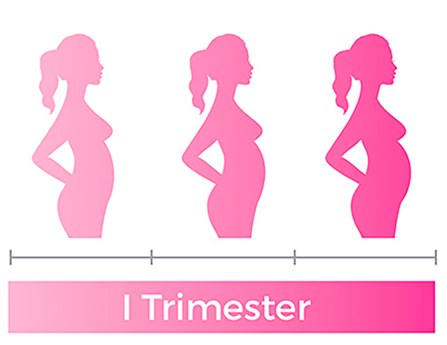 They will not hurt you or your baby.
They will not hurt you or your baby.
Unless you have hiccups for two or more days without relief, they’re just another annoying side effect of being pregnant.
Feedback: Was This Article Helpful?
Thank You For Your Feedback!
Thank You For Your Feedback!
What Did You Like?
What Went Wrong?
Useful Tips to Fight Hiccups During Pregnancy
Most of the women who are mothers now agree that the entire journey of pregnancy is full of endless dramas and ups and downs. Hiccups, heartburn, belching, swollen feet, and hands, weight gain, even projectile vomiting are some of the fellow travelers of pregnancy.
By the time you will have a tot running around the house, you would also have realized the same. Out of all the issues related to pregnancy, hiccups during pregnancy are one of the most troublesome and extremely uncomfortable ones.
In This Article
- Why do I Keep on Hiccuping Now That I am Pregnant?
- What Causes Hiccups During Pregnancy?
- Fetal Hiccups During Pregnancy
- How to Know When Baby Hiccups During Pregnancy?
- How to Stop Baby Hiccups During Pregnancy?
- Are Hiccups During Pregnancy a Note of Caution?
- How Can I Deal With Hiccups During Pregnancy?
- Top 5 Tips to Avoid Hiccups For Pregnant Women
- FAQ’s
Why do I Keep on Hiccuping Now That I am Pregnant?
So you are not able to put that glass of water down and are constantly trying to stop those hiccups that have actually become somewhat bothersome now.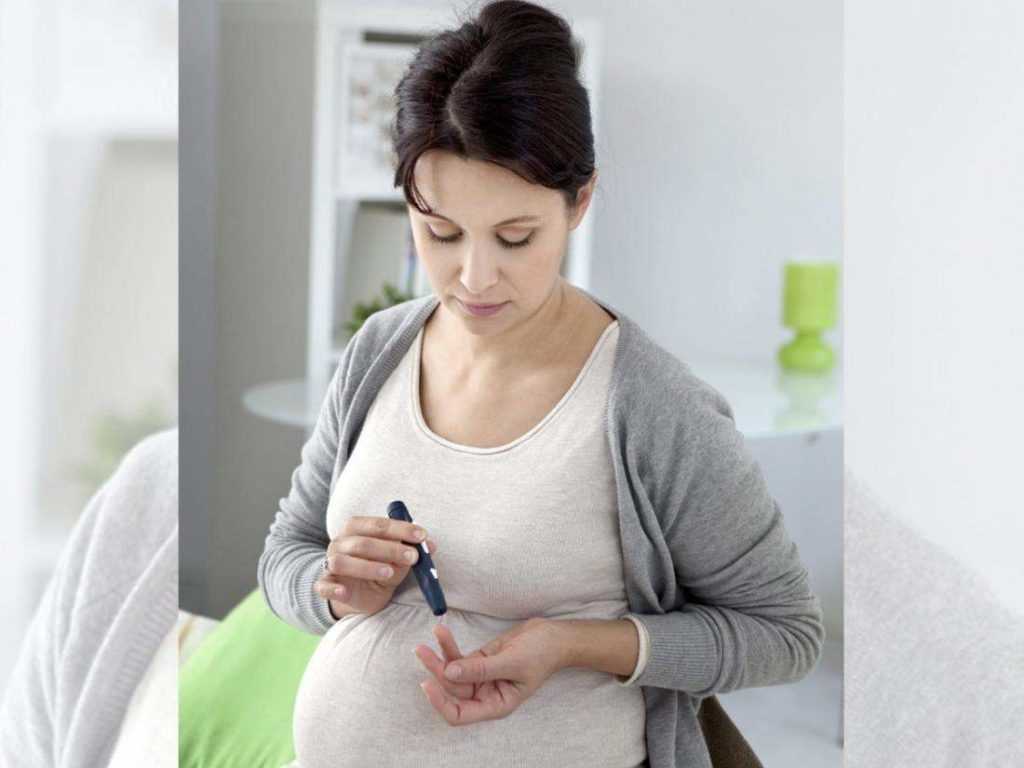 Fetal hiccups generally begin to show during the second or third trimester, though they can start as early as in the first trimester.
Fetal hiccups generally begin to show during the second or third trimester, though they can start as early as in the first trimester.
They feel like spasms in the belly and are different from other movements of the baby in utero. Hiccups during pregnancy become just unbearable when they occur while you are sleeping, eating, or talking to someone. They affect not only your health but also your social life – stealing away mental peace sometimes.
Many women consider them to be a symptom of a healthy pregnancy, but it is not necessarily a sign that everything is perfect down there. Nor is it worrisome to set you off panicking, and this article will ease your anxiety about hiccups during pregnancy.
What Causes Hiccups During Pregnancy?
There could be a number of possible reasons that cause hiccups during early pregnancy. However, the main causes are indigestion and shortness of breath. During pregnancy, your lungs tend to inhale more air than normal. You won’t believe it but the rate of air in and air out increases manifolds, say around 30 to 40 percent. This brings in a lot of oxygen to the body, helping it function efficiently, and also lead to hiccups.
However, the main causes are indigestion and shortness of breath. During pregnancy, your lungs tend to inhale more air than normal. You won’t believe it but the rate of air in and air out increases manifolds, say around 30 to 40 percent. This brings in a lot of oxygen to the body, helping it function efficiently, and also lead to hiccups.
Sometimes, women start watching themselves too closely, and even though they already have hiccups, they will notice them even more now. Because women become hyper concerned about any changes happening to them when pregnant, and they tend to think that hiccups are a new thing. This happens because of the hormonal and motility changes your body undergoes during pregnancy.
Wondering if hiccups are normal during pregnancy? They in fact are, to such an extent that some women also say that when they get pregnant, frequent hiccups are one of the earliest signs that tell them so. However, not many experts agree that hiccups are a sign of pregnancy. They agree that shortness of breath can be a symptom of pregnancy, and hiccups may be related to swallowing more air than required. So, you are likely to have bouts of hiccups in early pregnancy or late second trimester.
They agree that shortness of breath can be a symptom of pregnancy, and hiccups may be related to swallowing more air than required. So, you are likely to have bouts of hiccups in early pregnancy or late second trimester.
Fetal Hiccups During Pregnancy
If you thought that it is just you who is dealing with bouts of hiccups, you are wrong. Babies too go through pretty much the same phase inside the womb, but unlike the mother who is likely to experience severe hiccupping in the first trimester, babies hiccup more during the last trimester. The baby is continuously drinking the amniotic fluid, and there are pretty good chances that the fluid enters their lungs, causing hiccups. No, you need not worry, as this is perfectly normal and your baby will not be choked as their supply of oxygen is met by the placenta.
So, are baby hiccups during pregnancy normal? Yes, in fact, these repetitive jerks down there indicate that all is well and the baby is growing normally.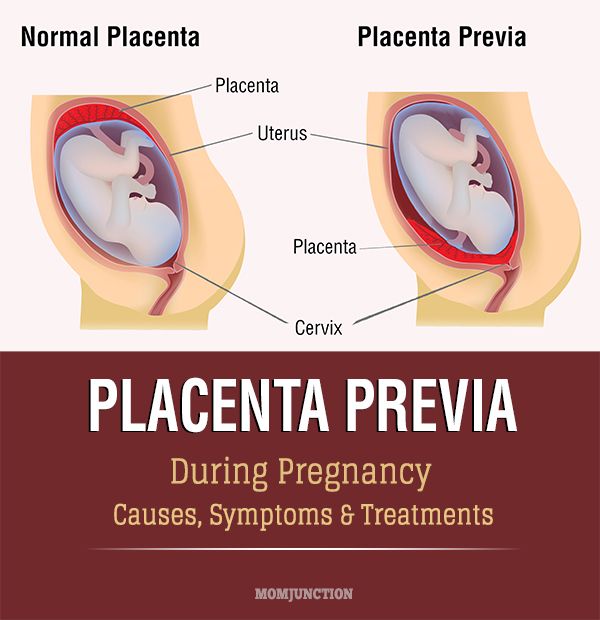 Sometimes, reflex development can also make a mature fetus hiccup in the womb.
Sometimes, reflex development can also make a mature fetus hiccup in the womb.
[Read : Everything About Baby Kicks And Fetal Movements]
How to Know When Baby Hiccups During Pregnancy?
Have you noticed a small jerk from the inside? This will be very different from the kicks and punches from your fetus. Hiccups during pregnancy will cause mild and repetitive jerks. They will be uniform and rhythmic.
How to Stop Baby Hiccups During Pregnancy?
Unfortunately, you can’t just gulp a glass of water and stop your fetus’ hiccups. However, you can try sipping on a glass of water and moving around slowly to ease your baby’s position.
If you want a guaranteed solution for “how to stop baby hiccups in the womb?” you may not find many options as the reason behind such hiccups during pregnancy is not very clear. Over a period of time, you will understand what starts off these hiccups during pregnancy and you can try to avoid or reduce those activities.
Are Hiccups During Pregnancy a Note of Caution?
Well, this is a very common problem, and the frequency tends to increase as your pregnancy advances. As far as its fatality is concerned, hiccups don’t pose any danger to your and the baby’s health. However, it is always a wise decision to seek medical advice if there is anything that is bothering you or making you uncomfortable. Only a doctor can guide you properly through the entire journey of your pregnancy. Although hiccups are not dangerous, it’s always wise to take precautions. After all, giving birth to a new life is really a big deal and a moment to be cherished for a lifetime.
[Read : Fetal Hiccups: What Do They Mean And When To See A Doctor?]
How Can I Deal With Hiccups During Pregnancy?
Here are some of the most useful tips for you to deal with hiccups during pregnancy. Hopefully, you will get relief:
1. Drink Water
One of the most effective and workable ways to stop the series of hiccups is to drink water.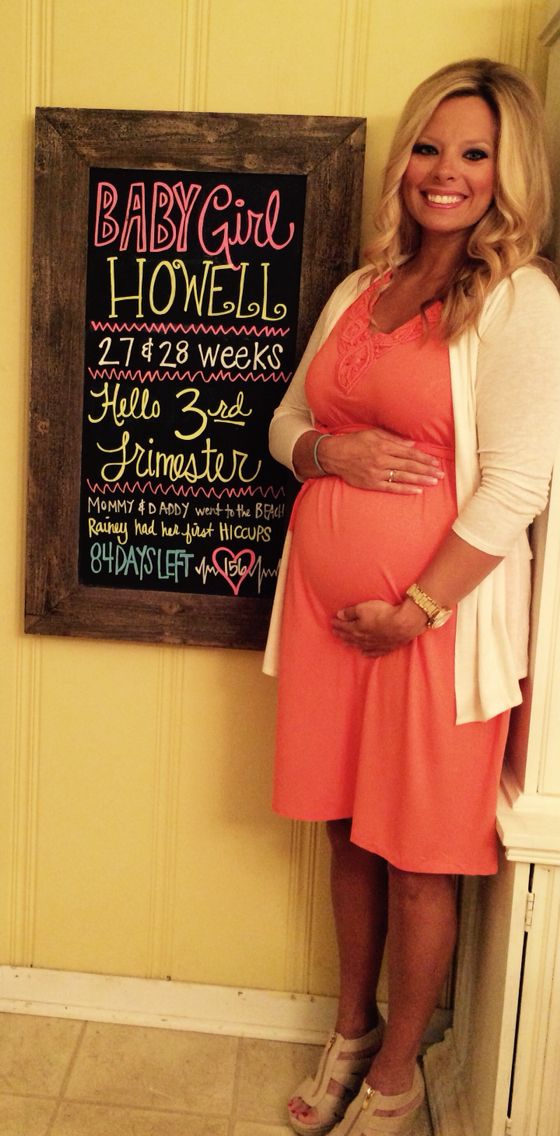 Make sure you drink the entire glass of water in one go and within one breath. You can also gargle with chilled water, and it has been found to be effective.
Make sure you drink the entire glass of water in one go and within one breath. You can also gargle with chilled water, and it has been found to be effective.
2. Dissolving Sugar Under the Tongue
Another helpful, as well as a handy remedy for dealing with episodes of hiccups, is to keep one tablespoon of sugar under your tongue and wait till it dissolves and enters your body.
3. Try Breathing Exercises
Breathing exercises have also proven beneficial for getting rid of a series of hiccups. So, you can also try them. One of the easiest among them is inhaling the air, holding it for a while, and exhaling it slowly. You can also try breathing inside a paper bag.
4. Suck or Nibble on a Slice of Lime or Ginger
Nibbling a wedge of lime or a slice of ginger (fresh) can also help you fight this irritating condition. You can make a mixture of lime juice, ginger, and honey and drink it as fast as possible, but don’t choke yourself. This might help you.
[Read : Health Benefits of Lemon/Limes During Pregnancy]
5.
 Pull Out Your Tongue
Pull Out Your TongueThough it may sound silly, but sticking out your tongue as far as you can help ease the diaphragm and relieve you from hiccups.
Top 5 Tips to Avoid Hiccups For Pregnant Women
- Eat a smaller amount of meals frequently instead of eating three heavy meals with long gaps.
- Avoid spicy food and fried food items and beverages like caffeine and carbonated drinks.
- After completion of meals, walk for some time to avoid acid reflux.
- Do not eat food very quickly.
- Don’t consume something very cold soon after having something very hot.
Hiccups are a minor discomfort that comes along with pregnancy. They do not indicate any serious problem for either the mother or the baby and only reflect the body’s mechanism to some physical changes. With some natural remedies, these discomforts can be solved.
So, these are the ways that can help you make your hiccups go away. Hiccups are certainly annoying, but they do not indicate anything is wrong with you or with your baby, and they will go away on their own. However, if things don’t change even after trying one or all of the above-mentioned tips, then it’s better to get in touch with a doctor.
However, if things don’t change even after trying one or all of the above-mentioned tips, then it’s better to get in touch with a doctor.
FAQ’s
1. Can Hiccups in Pregnancy Denote an Issue With the Umbilical Cord?
Hiccups in pregnancy are very common. However, if you notice very frequent hiccups, you need to get it checked. It could indicate your umbilical cord is prolapsed or compressed due to the position of the baby.
2. Can My Hiccups During Pregnancy Affect My Baby?
No it cannot. Hiccups during pregnancy are perfectly normal. It will not have any impact on the fetus.
3. How do I Know if Baby is Hiccupping in the Womb?
It can be quite tricky at first. The small pulsating movements may not be noticeable. You may also confuse it with the kicks. You will understand better as the pregnancy progresses.
4. Do Constant Hiccups in Pregnancy Indicate My Baby is in Distress?
No it does not. On the other hand it is perfectly normal and safe.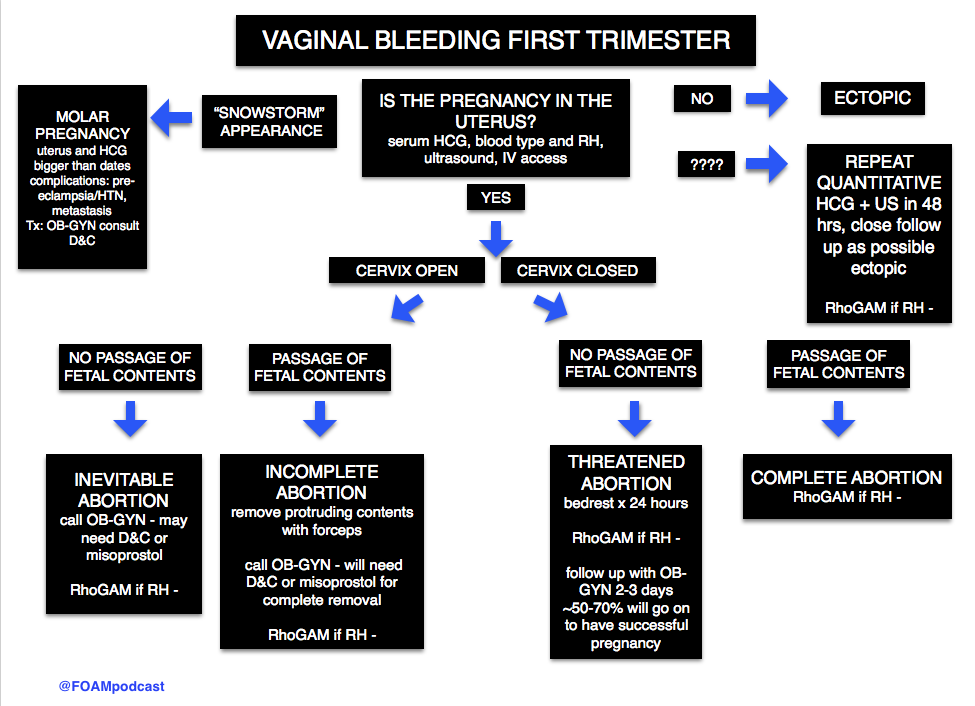 it infact indicates, the developing well.
it infact indicates, the developing well.
Read Also: Indigestion During Pregnancy
Why does the fetus hiccup during pregnancy
The hiccups of the baby in the womb is one of the signs that worries the expectant mother. It seems to her that such behavior of the baby indicates pathologies and problems. He understands why the baby hiccups in the stomach during pregnancy.
What is hiccups
Under hiccups understand such a violation of breathing, when a person begins to involuntarily take short breaths. This reaction involves the diaphragm, intercostal muscles and epiglottis. The contraction of the intercostal muscles leads to oscillations of the diaphragm and shortening of inspiration, and the closure of the epiglottis causes the sound characteristic of this condition.
It is not known for certain what causes hiccups, but there are several assumptions about this:
| Possible reason | Description |
| Evolution | It is believed that hiccups are caused by air entering the stomach. |
| Diseases | Constant hiccups can indicate the development of a variety of pathologies. For example, it occurs in pathologies of the nervous system - pinched nerves, Parkinson's disease, epilepsy, inflammation of the brain and meninges. |
| External influences | Such a reaction can develop with toxic damage to the nerves. It occurs with diabetes mellitus, thyroid diseases, while taking certain medications (for example, antibiotics, chemotherapy drugs, epidural anesthesia). |
Pathological hiccups do not go away for a long time and require mandatory medical intervention to determine and eliminate the cause due to which it arose.
Why does the baby hiccup in the stomach
In the womb, the development of the baby is completely dependent on the mother's body.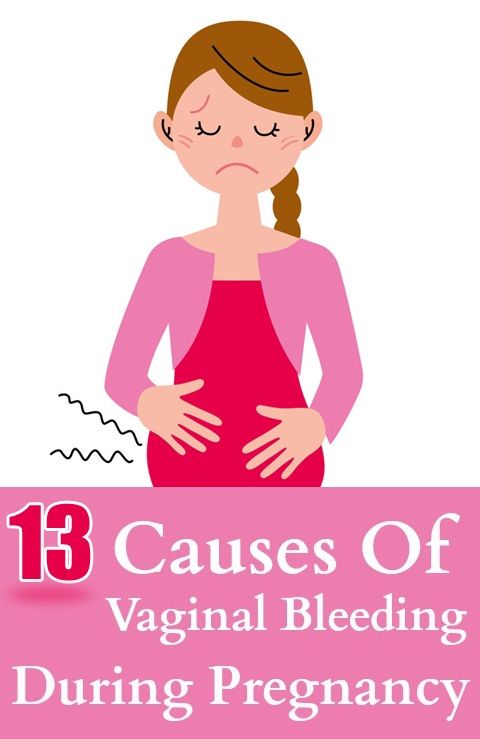 Only his circulatory and nervous systems work autonomously. The rest of the systems (respiratory, excretory, digestive) do not work - oxygen and nutrients enter the baby through the placenta. She also displays the products of exchange.
Only his circulatory and nervous systems work autonomously. The rest of the systems (respiratory, excretory, digestive) do not work - oxygen and nutrients enter the baby through the placenta. She also displays the products of exchange.
Why does a child hiccup in the womb if its internal organs are not fully formed, and the fetal bladder reliably protects the baby from external influences? As for adults, there is no exact answer to this question.
However, there are two hypotheses:
- Swallowing amniotic fluid.
- Fetal hypoxia.
Despite the fact that the child is completely dependent on the mother, he masters many skills in utero. For example, he sucks his thumb and learns to swallow. When swallowed, some of the liquid enters the stomach and can cause it to begin to hiccup in the stomach. In this case, hiccups do not pose any danger to the unborn child or mother.
Hypoxia is an abnormal condition. It can cause a variety of pathologies in the fetus.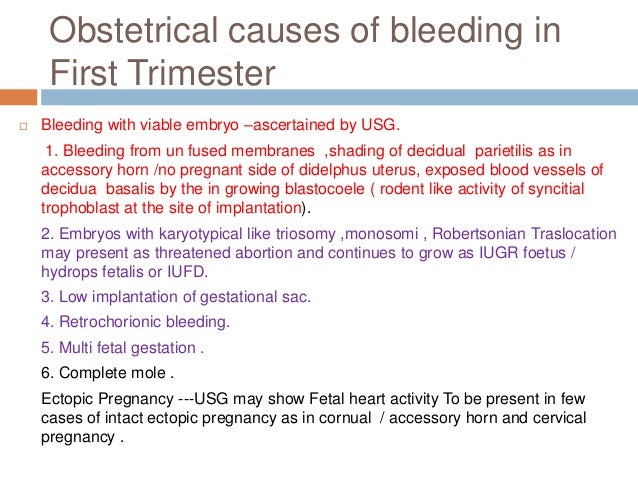 Hypoxia is determined not only by the fact that the fetus hiccups in the abdomen every day, but also by other signs - a change in heart rate, impaired placental blood flow, and so on.
Hypoxia is determined not only by the fact that the fetus hiccups in the abdomen every day, but also by other signs - a change in heart rate, impaired placental blood flow, and so on.
It is not known for certain why a baby has hiccups in the womb. However, if the child often hiccups in the stomach, this may indicate that not enough oxygen is supplied to him. If you are worried about the condition of your baby, talk to the doctor by phone, the specialists are in touch with you around the clock. Experienced obstetricians will tell you what signs you need to pay attention to and when you need to urgently seek medical help.
How does a mother feel
Hiccups in the fetus are very different from other movements, so the mother can easily distinguish it from other types of baby activity. More active movements of a woman can be felt from 16 weeks. However, the fact that the baby hiccups in the stomach, the pregnant woman begins to feel after 26 weeks.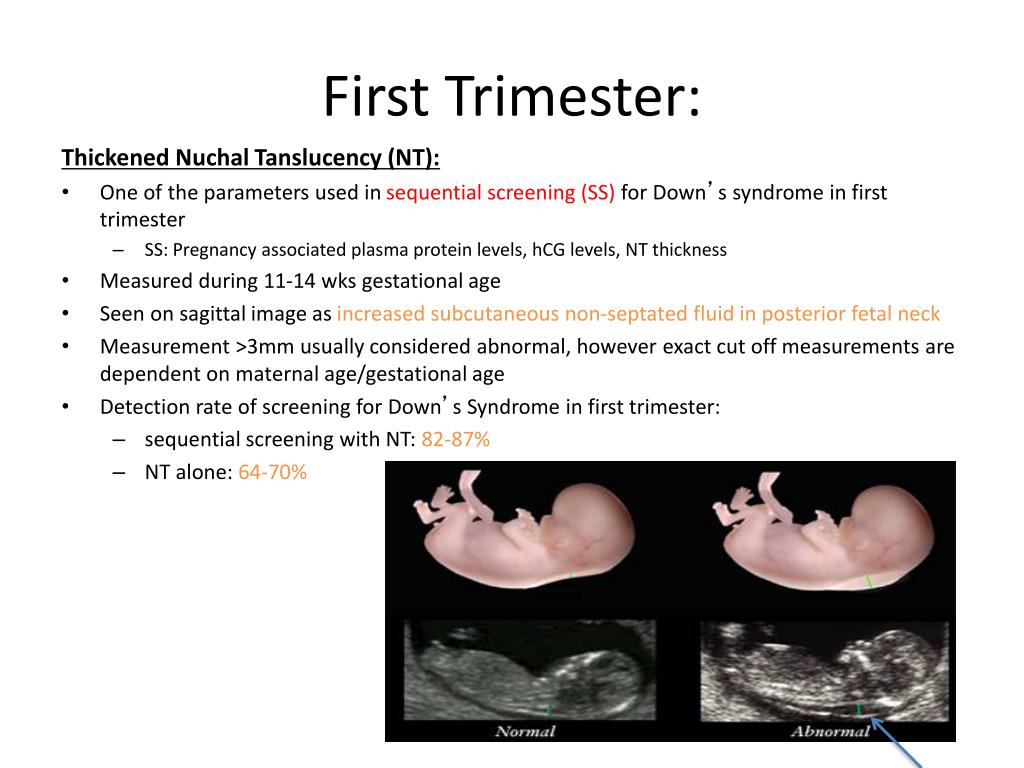 This is due to the size of the fetus and the fact that it has less and less room to move.
This is due to the size of the fetus and the fact that it has less and less room to move.
What does it feel like when a baby hiccups in the stomach? Usually they look like rhythmic pushes. Similarly, hiccups are felt in adults when they hiccup themselves. Only with the hiccups of children in the mother's stomach are they softer and smoother. Often, unfamiliar sensations force a pregnant woman to consult a doctor with complaints about them. In most cases, such reinsurance is unnecessary.
What to do if a baby has hiccups in the womb
As in adults, intrauterine hiccups quickly resolve on their own and do not require any treatment. However, some factors can trigger prolonged seizures that may not go away on their own. These include:
- Smoking by the pregnant woman herself or her family members indoors.
- Long stay in a static position.
- Excessive physical activity.
- Prolonged stay in a stuffy room.

What can be done to stop the baby from hiccuping?
- Stroke the belly and talk to the baby.
- Change position.
- Take a short walk.
- Do a light workout.
Do not take sedatives or other medications. Usually hiccups go away by themselves after these simple manipulations. However, if they do not help, it is worth being examined for fetal hypoxia.
Important! Hiccups can also occur due to the diet of the pregnant woman. If a woman eats a lot of sweets, amniotic fluid also changes the taste. The baby likes it, because of which he begins to swallow more and more liquid.
FAQ
Why does the fetus hiccup at 26 weeks pregnant?
+
It is not known exactly what causes hiccups. It is believed that it occurs due to the ingestion of amniotic fluid and the development of hypoxia in the fetus. It is possible to distinguish one condition from another on ultrasound.
What influences the development of hiccups?
+
The appearance of hiccups can be influenced by the mother's diet, as well as factors that provoke fetal hypoxia. These include smoking, being in a stuffy room, lying on your back for a long time, and excessive exercise.
How to distinguish hiccups from other movements?
+
You can understand that the baby hiccups in the womb by the characteristic rhythmic shocks. They are similar to what adults experience during hiccups - the chest rises and falls rhythmically.
What to do if the child constantly hiccups?
+
If the child hiccups for a long time and constantly, you need to undergo an unscheduled ultrasound and Doppler examination of the umbilical blood flow to determine the cause of this phenomenon and exclude fetal hypoxia.
Expert opinion
Hiccups are completely normal.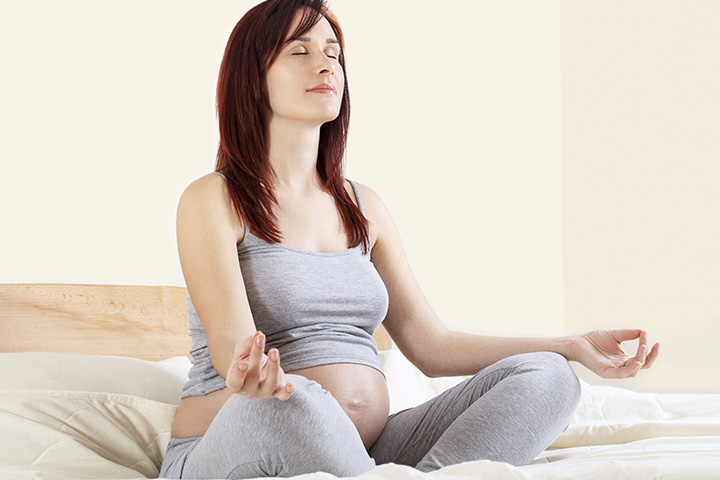 She says that the child grows, develops and prepares for independent swallowing and breathing. However, sometimes hiccups can indicate hypoxia. To exclude it, a pregnant woman needs to undergo an unscheduled ultrasound and a Doppler study. Our doctors will help you choose a medical center that specializes in ultrasound of pregnant women and are ready to remotely answer any questions about a woman’s condition during pregnancy.
She says that the child grows, develops and prepares for independent swallowing and breathing. However, sometimes hiccups can indicate hypoxia. To exclude it, a pregnant woman needs to undergo an unscheduled ultrasound and a Doppler study. Our doctors will help you choose a medical center that specializes in ultrasound of pregnant women and are ready to remotely answer any questions about a woman’s condition during pregnancy.
We publish only verified information
Article author
Pruzhinin Mark Yulievich pediatrician
Experience 30 years
Consultations 1572
Articles 104
An experienced pediatrician with extensive experience and clinical experience in various medical organizations, resuscitation and intensive care and neuroinfection. Works with leading experts, attends international and Russian conferences.
Works with leading experts, attends international and Russian conferences.
Fetal hiccups during pregnancy
Svetlana Ogorelkina
July 05, 2021 at 13:07 Pregnancy and childbirth 90989 4 minutes
We will give you 20 points for reading the article. To credit points to your account, you need to log in.
Article
Why does the baby hiccup in the womb? Is this a norm or a pathology, and whether mom needs to do something - read this article.
P as the fetus grows and develops, a pregnant woman experiences a lot of unusual sensations: movements, periodic tremors in the abdomen and hiccups of the baby. With each trimester, these sensations intensify, and the woman feels even more clearly whether the baby is sleeping or awake. When the unborn child hiccups, the mother feels her stomach tremble. This state can last five minutes or even an hour. Many pregnant women do not know if hiccups are dangerous for a child, and immediately begin to panic, urgently consult a doctor, thinking that hiccups are the first symptom of hypoxia. But it's not. Let's see what hiccups are, whether it is a norm or a pathology.
When the unborn child hiccups, the mother feels her stomach tremble. This state can last five minutes or even an hour. Many pregnant women do not know if hiccups are dangerous for a child, and immediately begin to panic, urgently consult a doctor, thinking that hiccups are the first symptom of hypoxia. But it's not. Let's see what hiccups are, whether it is a norm or a pathology.
Hiccups, according to gynecologists, do not harm the health and development of the fetus, do not lead to defects. He doesn't feel pain. He is in good health. Hiccups occur when a baby inadvertently swallows a large amount of fluid while thumb sucking, which causes the stomach to overstretch, causing the fetus to regurgitate excess fluid. Sometimes it happens that he does this on purpose, if mom ate something tasty and sweet - she wants to taste them.
There are still no exact causes of hiccups. Doctors cannot give a definite answer why it occurs. If a pregnant woman feels hiccups in the fetus four times a day after 28 weeks, then a specialist consultation is necessary in order to exclude hypoxia and understand whether the intake of nutrients is sufficient.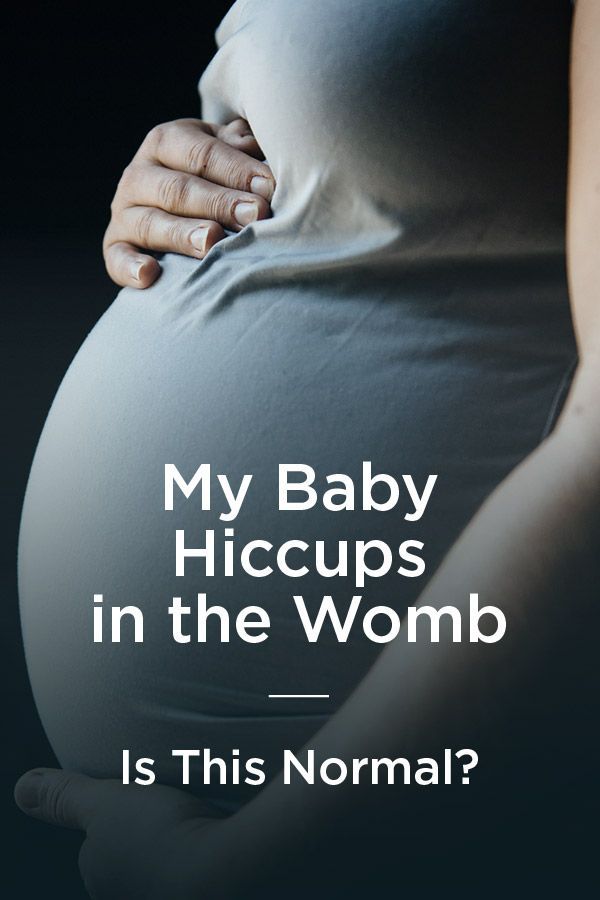 Most often, hiccups appear in the second trimester. This is a short term condition that passes quickly.
Most often, hiccups appear in the second trimester. This is a short term condition that passes quickly.
Go to catalog
How to distinguish hiccups from fetal movements
It is not very difficult to do this. Ordinary movements are very different from hiccups. With them, the mother periodically experiences tremors in various parts of her abdomen. They are usually light, short, jerky. They may be concentrated in one or more places. With hiccups, movements are similar to twitching, ticking clocks. In the later stages, it is much easier to recognize it, but at the initial stage of pregnancy it is almost impossible.
Relevant and useful information for modern parents - in our mailing list.
We already have over 50,000 subscribers!
When to sound the alarm for hiccups
If it manifests itself very often, up to 10-15 times a day, while the fetal movements have decreased or increased, the stomach has become smaller than it should be, then you should immediately consult a doctor.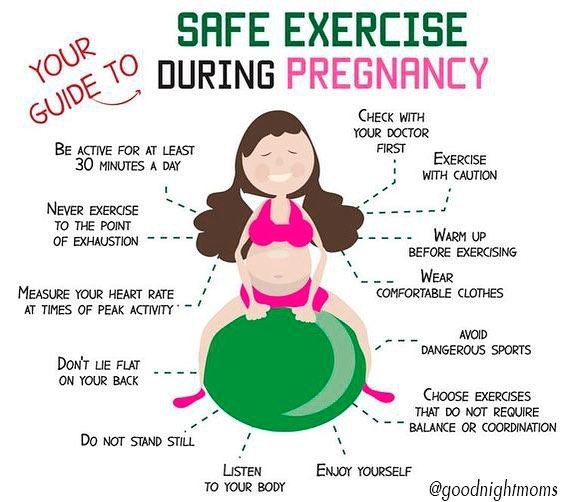 CTG will help a pregnant woman to dispel all doubts and finally stop worrying. Even if during the diagnosis, the fetus periodically hiccupped, then hypoxia may not be confirmed.
CTG will help a pregnant woman to dispel all doubts and finally stop worrying. Even if during the diagnosis, the fetus periodically hiccupped, then hypoxia may not be confirmed.
What to do when pregnant with hiccups
- If hiccups last for a long time, about 20 minutes during the day, then you need to take a walk in the fresh air and periodically breathe in and out. In this case, the inhalation should be deep, and the exhalation should be slow.
- If hiccups caught up in the middle of the night, then the pregnant woman needs to change her body position. You can stand up, sit down, or just walk around the room. The main thing is to change the posture.
- If hiccups appeared after eating a large amount of sweets, then the expectant mother needs to limit its amount, especially at night.
- In order to calm the hiccups in the fetus, it is enough to stroke the abdomen. The baby, thanks to such actions, calms down faster, and the hiccups disappear after a while.

- It is not recommended to use sedatives and be nervous, because hiccups are not dangerous for the fetus and are not a pathology.
- Monitor your diet, drink enough fluids.
- A pregnant woman needs to fully rest and consult a doctor in a timely manner in case of any suspicions about the condition of the fetus.
© odua / Photogenika
Movement of the baby is an important indicator of the state of the fetus in the womb. Whether it is good or bad for him, whether he feels a sufficient supply of oxygen. Gynecologists at the reception advise each time to monitor the number and nature of movements, even keep a diary of counting movements daily, starting from the 28th week. As soon as the mother has suspicions about the well-being of the fetus, she immediately seeks help. Hiccups in the fetus should not cause any panic in the pregnant woman. She should regard it as a normal condition that passes quickly.
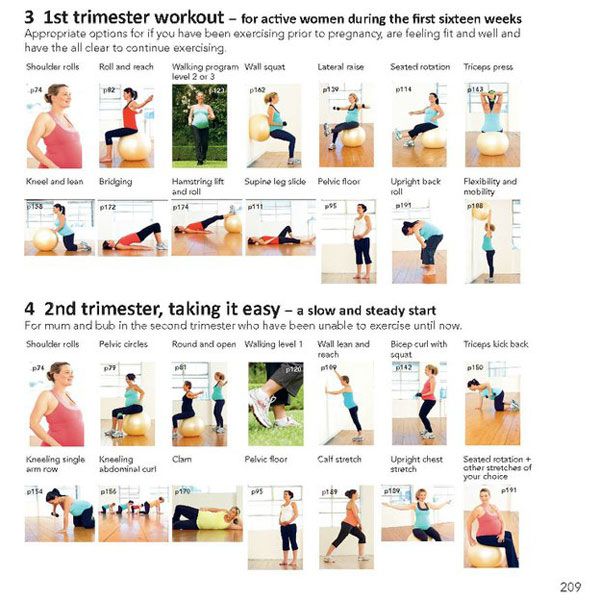 This happens when a person eats too quickly or talks with a full mouth. In infants, hiccups happen when the baby swallows air while sucking or the mother overfeeds him.
This happens when a person eats too quickly or talks with a full mouth. In infants, hiccups happen when the baby swallows air while sucking or the mother overfeeds him. 
